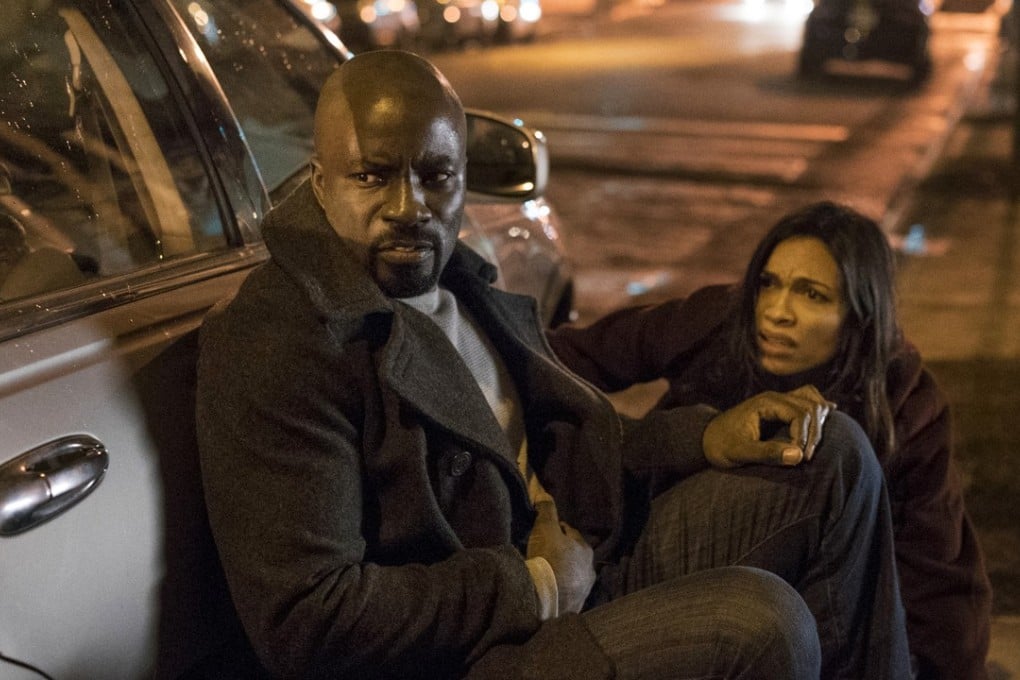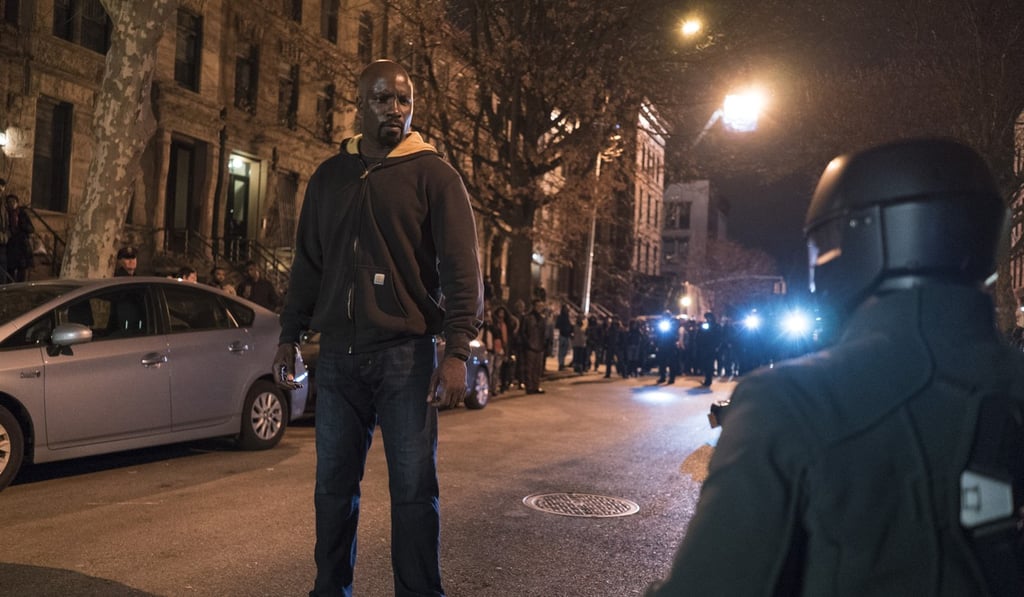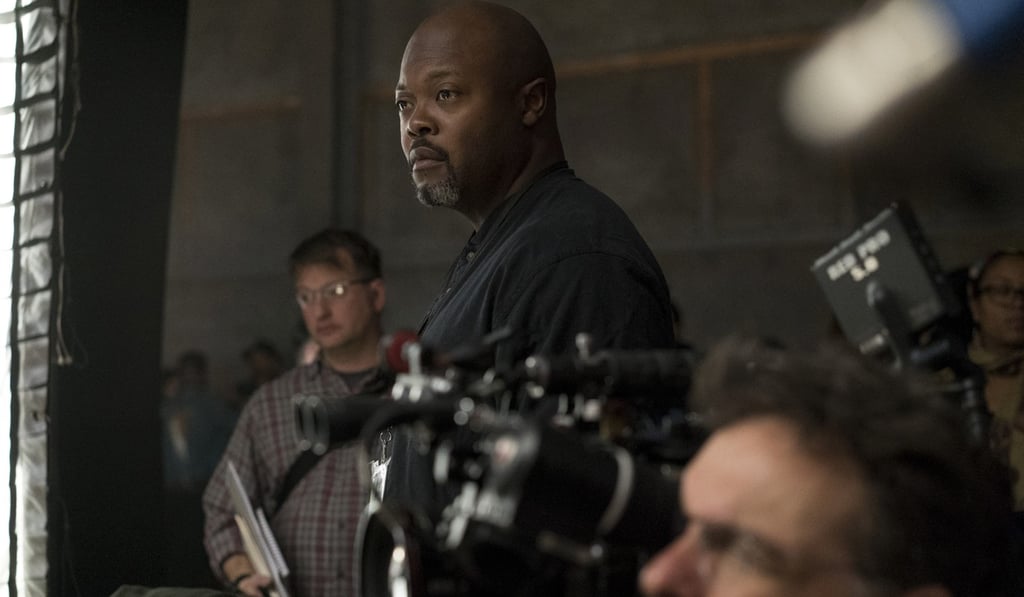Netflix brings back Marvel’s Luke Cage for a second season
The first black superhero on TV since the 1990s is back, and there’s a new enemy with Jamaican roots, more empowered women characters and plenty of hip hop

As Marvel’s Luke Cage returns on Netflix for a second season this week, it arrives with the landscape changed. Back in October 2016, at the launch of Season 1, the so-called “Power Man” was the first black superhero on television since the days of the little-seen Mantis in the 1990s. Since then, DC Comics’ Black Lightning has made it to TV, while the big screen has seen the arrival Marvel’s Black Panther, one of the biggest hits of the year.
Rivalries and tribalism aside, it’s a glorious time, says Luke Cage showrunner Cheo Hodari Coker. “We now have the diversity in superheroes that we’ve always had in hip hop, and that’s the thing. I love Public Enemy, I love OutKast, I love A Tribe Called Quest, I love De La Soul, I love NWA simultaneously! So it’s the same thing. You can go to see Black Panther in the cinemas and watch Luke Cage and Black Lightning and, hopefully, something else!”
No question, Harlem’s Cage – played by Mike Colter – laid the groundwork.

“We used hard core hip-hop and put it into the fictional Marvel Universe,” says Coker, who wrote the script for Notorious, a biopic of rapper Biggie Smalls. Luke Cage even features a poster of Smalls in the office of the villainous Cottonmouth, while the Wu-Tang Clan’s Method Man pops up to write a song about the titular hero.
Black Panther director Ryan Coogler is doing the same, with a Kendrick Lamar-curated soundtrack featuring The Weeknd, Sza and others. “Everybody helps everybody else,” says Coker. “Ryan Coogler elevated everything. But the people that are in charge … if they had any fear about what he was doing, at the very least he could point to the success of Luke Cage and say ‘Calm down, it worked here. We can do this better and do it on a bigger scale.’ And he did.”
